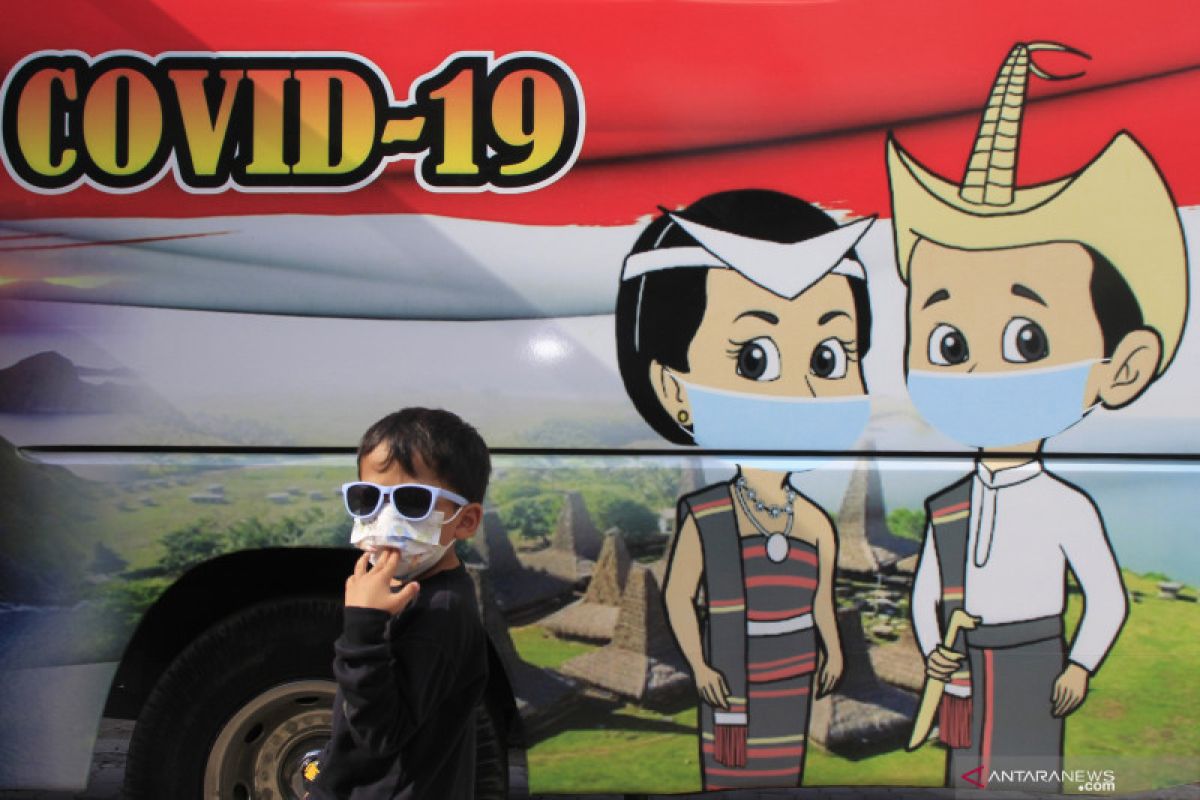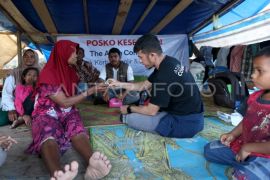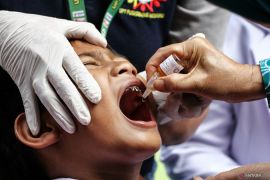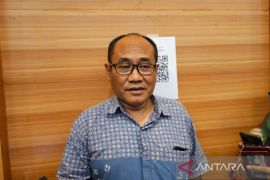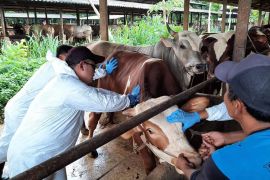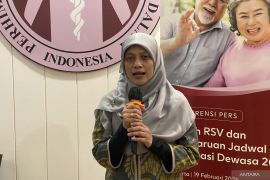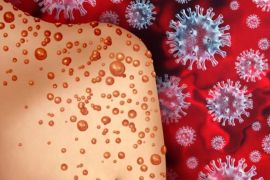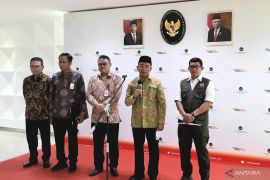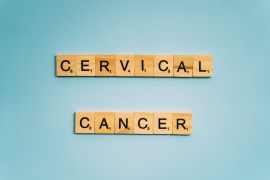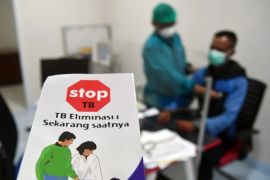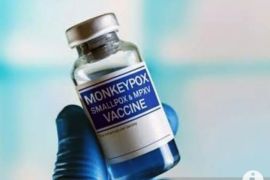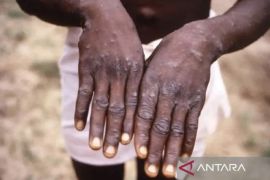We expect families with kids aged 12 to 17 years to partake in vaccination programsJakarta (ANTARA) - The COVID-19 pandemic has protracted for over a year in Indonesia and is unfortunately showing no signs of abating, with anyone, regardless of gender, age, or socio-economic status, falling victim to the deadly disease.
It was believed that children were immune to the virus. However, the data showed otherwise, as children and teenagers are at risk of contracting the disease similar to adults.
According to the Health Ministry's data as of June 29, 2021, some two million people were confirmed positive for COVID-19, out of which some 200 thousand, or 10.6 percent, were active cases. Among the cases were 108 thousand confirmed positive cases involving those up to 18 years of age, particularly those in the age bracket of 12 to 17 years.
Children, as the future of the nation, have the right to health, which should be protected, as stipulated in Law No. 23 of 2002 on Child Protection. The COVID-19 pandemic only highlighted the importance of boosting the children's immune system through vaccination.
The COVID-19 vaccine is permissible for those in the age group of 12 to 17 years, according to a suggestion from the Indonesian Technical Advisory Group on Immunization (ITAGI) and the general agreement of usage of PT Biofarma's COVID-19 vaccine (Sinovac).
Related news: Health ministry to focus on controlling COVID transmission in 2022
Deputy of Child Protection from the Women’s Empowerment and Child Protection Ministry Nahar noted that despite the notion of vaccines being permissible for children and also encouraged, it still observed some issues, as some of them had no Single Identity Number (NIK).
Nahar pointed out that not all kids had NIK.
However, the Health Ministry’s Circular Letter, as per June 30, 2021, requires the vaccination program’s participants to show the Family Card (KK) or any other documents that lists a child's NIK.
Nahar opined that this issue of identification must not hinder the process of vaccinating children, and institutions must integrate or work together to solve the problem.
It is possible for children without identification to be vaccinated on grounds that after vaccination, they immediately get their own NIK.
Both programs, vaccination and identification of children, must continue side by side.
Related news: Minister Uno observes COVID vaccinations at Soekarno Hatta Airport
Parental Role
Parents have an important role in pushing their children to get vaccinated. There are cases of some parents lacking an understanding of the importance of COVID-19 vaccination.
Moreover, the community and public, in general, play an important role in boosting the vaccination numbers of kids.
"We expect families with kids aged 12 to 17 years to partake in vaccination programs," he noted.
The children also need to understand the importance of COVID-19 vaccination.
The Women’s Empowerment and Child Protection Ministry, along with the State Child Protection Committee (KPAI), will always monitor mass vaccination for kids that are hosted in several public health facilities and schools.
Speaker of COVID-19 Vaccination from the Health Ministry Dr Siti Nadia Tarmizi revealed that the government was targeting to inoculate 26.7 million children in the age bracket of 12 to 17 years.
Tarmizi noted that only 2.4 million children were vaccinated as of now.
She stressed the importance of vaccination for children, as they also have the same risk of contracting the virus as adults.
Most children that contracted the virus showed no symptoms, thereby raising the likelihood of unknowingly transmitting it to their family or other circles they move in.
In fact, the risk of transmission is the same as that for adults. Should it go untreated, it would get even worse for the children. Not to mention the virus they carry spreads to their parents and others in their circle. It gets increasingly harder, as children are usually asymptomatic.
Related news: Indonesia sets Sinopharm complete vaccination price at Rp879,140
The provincial health office has cooperated with the education office in their respective regions to conduct vaccinations at public health centers and schools as a means to address that issue.
Tarmizi urged parents to immediately coax their children to get vaccinated in order to protect them and those around from the dangers of the contagious COVID-19.
Children are the future of the nation, whose rights must be protected and fulfilled, including by maintaining their health.
The COVID-19 pandemic is a challenge for one and all to prepare children to ensure that they grow healthy and develop physically and intellectually in the midst of various policies and restrictions put in place to prevent the transmission of COVID-19.
The policies already adopted by the government to prevent transmission and assist those affected or infected by the virus comprise mass vaccinations, community activities restriction extended a few times, and allocation of social assistance.
Various issues faced by the public today should impel all to ensure that the nation's children grow healthier, stronger, and smarter in facing tougher challenges in future.
Related news: Government should develop new roadmap for energy transition: IMEF
Related news: Indonesia Eximbank assists MSMEs to enter global market
Editor: Fardah Assegaf
Copyright © ANTARA 2021
